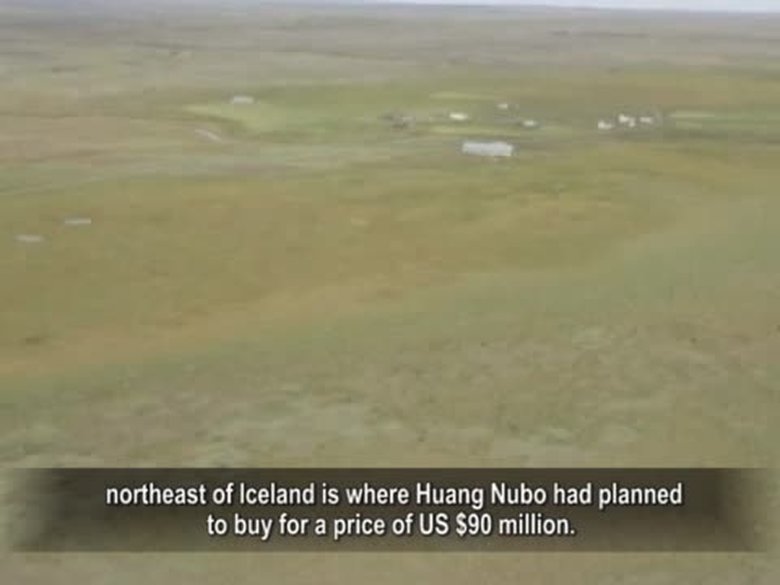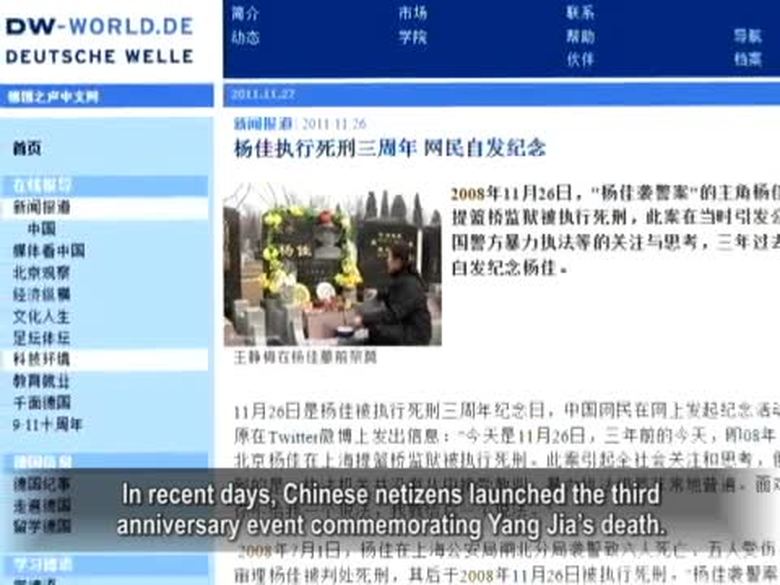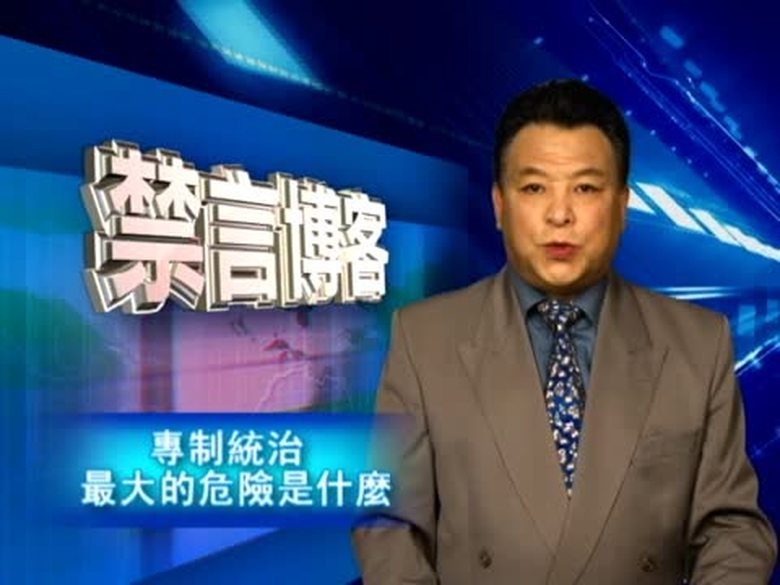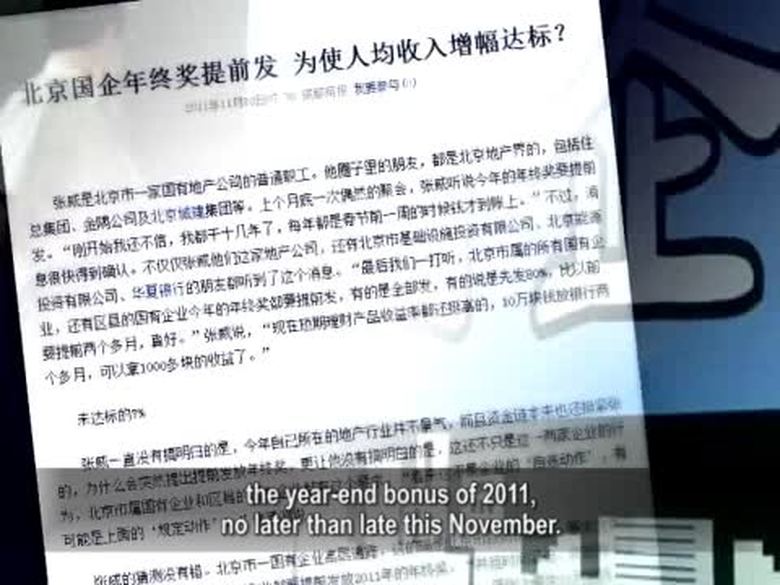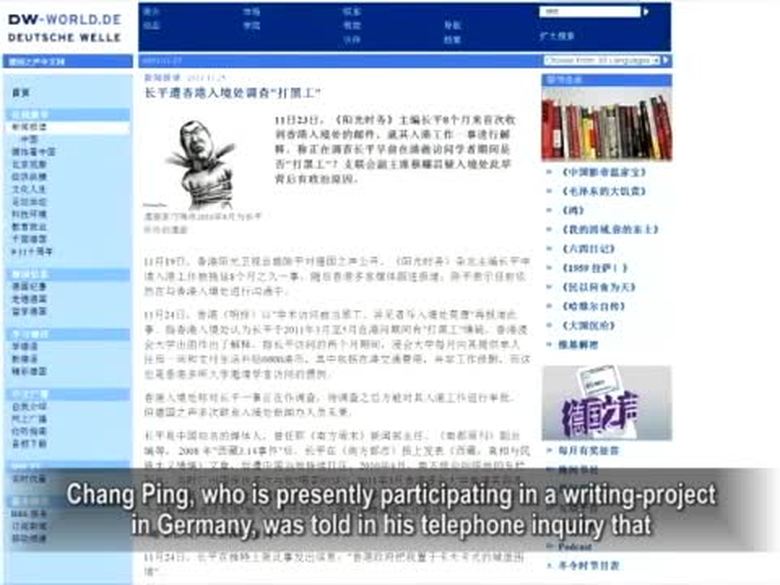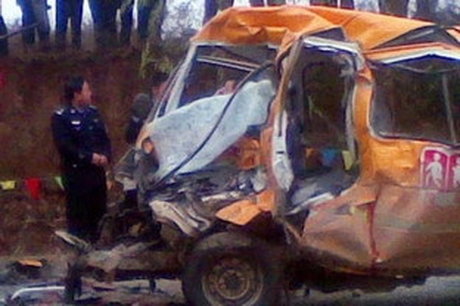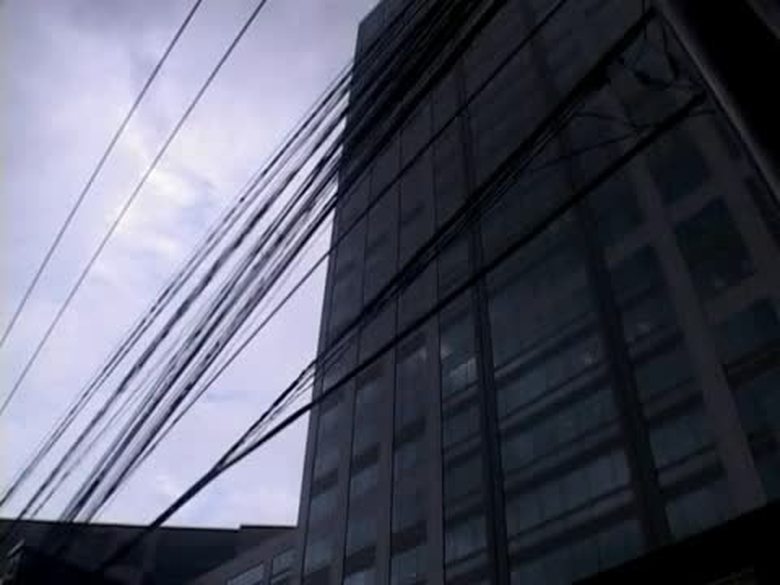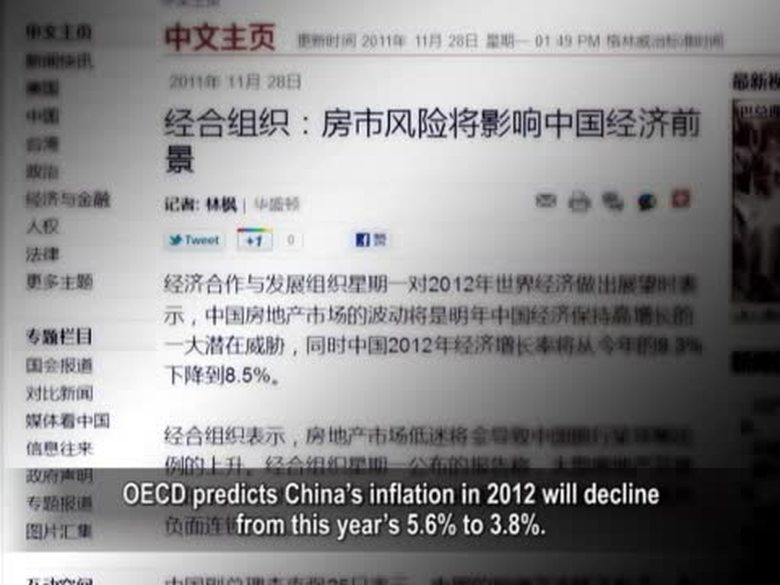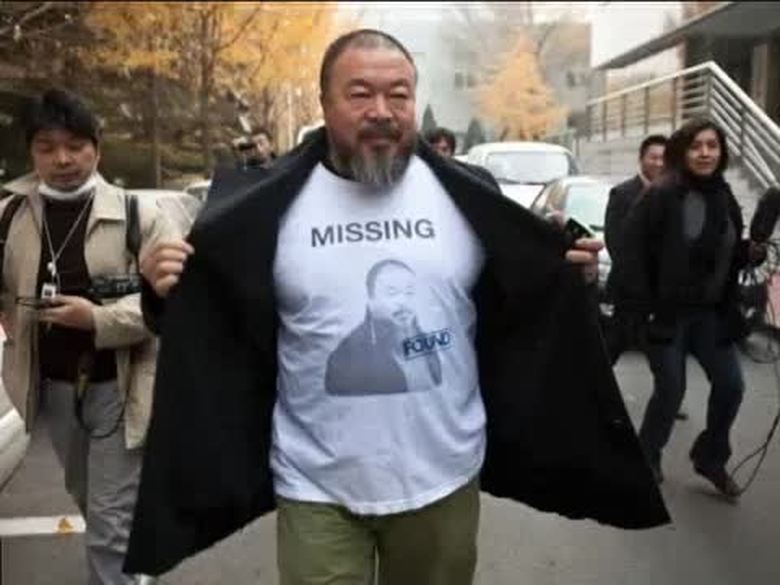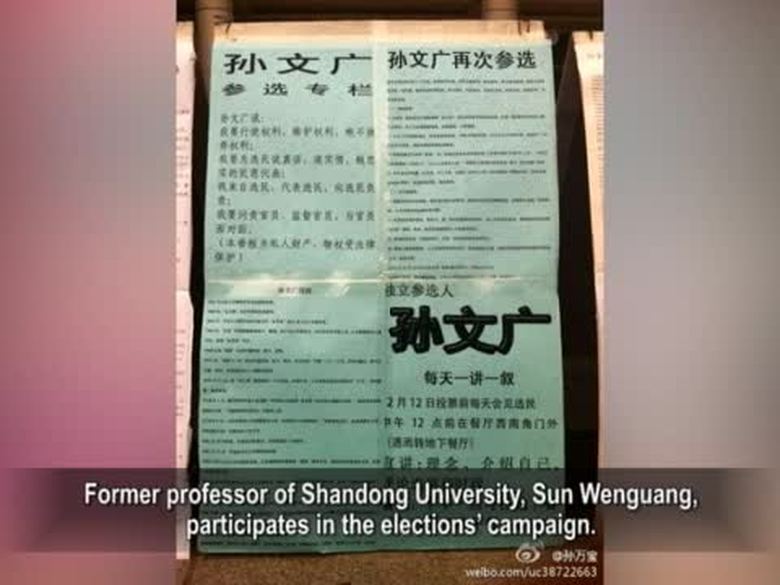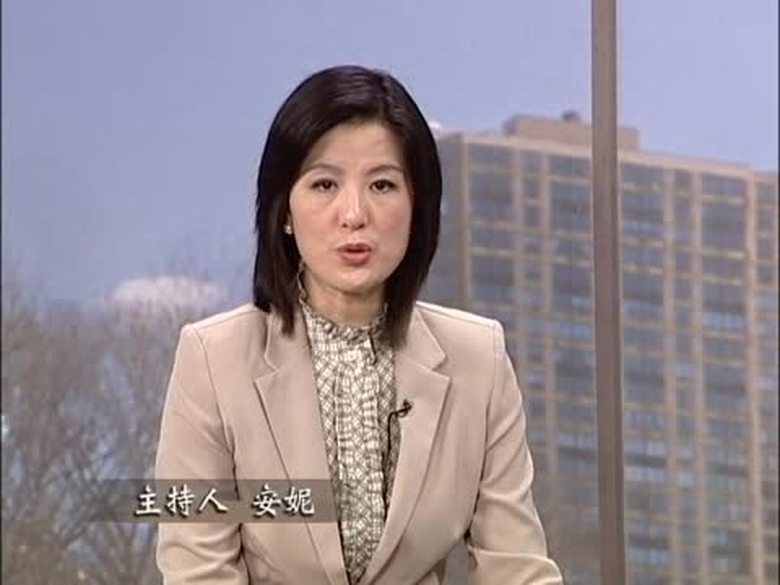【新唐人2011年11月28日訊】中國房地產業經過慘淡的九月、十月,有「鬼城」之稱的鄂爾多斯康巴什新區再度傳來壞消息。有大陸媒體報導,「鬼城」的樓市已經全面崩盤,房價下跌近7成。雖然當地政府出面否認,但學者認爲,「鬼城」樓市崩盤是遲早的事,這個現狀也不是個例,而是房地產和金融風暴的開始。
《中國企業報》報導:據一位長期生活在鄂爾多斯的人士透露:繼高利貸危機之後,「鬼城」的樓市大面積降價,已經從去年的均價每平方米10,000元暴跌至現在的3,000多元。
以當地的「金信翰林苑」項目為例,它的二手房價此前都在10,000元左右,而現在市價僅3,750元。
「鬼城」這個稱號,是美國《時代》週刊對鄂爾多斯中南部康巴什新區的形容。這座由當地政府耗資170多億打造、面積達32平方公里的新城,由於人口不多,地產供給過剩,加之配套設施不完備,雖然高樓鱗次櫛比卻少有人居住,一到晚上漆黑一片,如入無人的「鬼城」。
《財新網》認爲,「鬼城」是由人為的房地產泡沫造成的。最新數據顯示,鄂爾多斯人均擁有住房3-4套。在住房擁有率幾乎100%,而空置率接近66%的情況下,只有常駐人口增長200%,而且不再建新房,才能消化這麽多的房子。但以鄂爾多斯的地理位置和人文環境來看根本不可能。
據統計,目前鄂爾多斯房價是6年前的6倍,新建別墅單價超過2萬。
房子賣不出去,同時,加上外地房地產商也不斷進入鄂爾多斯。滯銷之中,房價紛紛下跌,降價成為許多房地產商的選擇。
北京師範大學學者段紹譯:「在房價那麼高的時刻,那麼多房子沒有人住的時刻,還在花那麼多錢蓋房子,就是錯了。房地產對中國經濟造成的損失,不是泡沫破滅造成的損失,而是過去錯誤的投資造成的損失,只是今天在這個市場回歸理性的時刻集中爆發出來。
康巴什新區的管委會對於房價下跌7成的報導卻不買賬,聲稱「崩盤」之說是無稽之談。
《華夏時報》記者對此進行了實地走訪,發現當地很多樓盤售樓處空空蕩蕩,期成交萎靡。鄂爾多斯房產網負責人劉偉透露,當前實際降幅在20%到30%之間,只是一些開發商仍在死扛,因爲降價並不一定能帶來銷量上升。
不過不少業內人士都認為,鄂爾多斯樓市崩盤是遲早的事兒。地產評論員顧海波表示,再不剎車,再繼續荒唐地「漲幅趨緩」!再繼續違背規律、違背民意,明年的今天就不只是鄂爾多斯,此類現象就會蔓延!後果更嚴重!
段紹譯表示,鄂爾多斯本身根本不需要那麼多房子,這不是真正市場的需求,而是各種投機的需要,房價崩盤是必然。
段紹譯:「我認爲是一種理性回歸,就是説這個房地產本來就不值這麽多錢。泡沫這麽嚴重,早破早好!它這個非理性的發展,會造成很多的資源浪費。使那些本來需要資金的地方沒有資金,本來需要資源的地方沒有資源。」
美國南卡羅來納大學謝田教授也認爲,鄂爾多斯房價下跌7成其實很正常。
謝田:「鄂爾多斯這個鬼城,已經空房空在那有一段時間了,所以從鄂爾多斯開始也是很正常的。下一步呢,我們應該更加關注其他的鬼城,比方説鄭州和其他地方一些過多建設的住宅區。這實際上不是一個個例,實際上是風暴的開始,就是説更大的風暴可能會即將來臨。」
另外,謝田教授還指出,中國房地產不值得投資,因爲在目前中共的政策下,民衆只能購買使用權,其實支付的是租金,但比美國等發達國家的價格高很多。而在其他國家購房則是真正購買了土地和房屋財產權。
新唐人記者林莉、李明飛、蕭宇採訪報導。
House Prices Declined 70% in Erdos.
China』s real estate industry just went through
September and October bleak period.
The 『ghost town』 Kambashi District in Erdos
had more bad news coming in.
Mainland media reported the 『ghost town』』 property market
has crashed,
and the house price fell nearly 70%,
though the local government denied this.
Scholars believe 『ghost towns』 property crash is on its way,
and this will start China』s real estate』 and financial turmoil.
Chinese Enterprises newspaper reported information
by a long time Erdos』 resident, following the crisis of usury.
It stated, the property prices in 『ghost town』 declined greatly,
from RMB 10,000 / sq. m. last year to RMB 3,000 now.
The local 『Jinxin Han Lin Yuan』 project, for example,
had its second-hand house prices at ca. RMB 10,000 / sq. m. , but now it is only RMB 3,750 / sq. m.
『Ghost Town』 is the name given by the US』 Time magazine
to the Kangbashi district in south-central Erdos.
This new city costed the local government RMB 17 billion
to build on an area of 32 square kilometers.
Since there are not many people in the area,
the real estate supply is in surplus there.
Coupled with inadequate facilities, this area has few people
to live in, inspite of the rows upon rows of tall buildings.
In the evening it is all dark,
truly resembling a 『ghost town,』 hence its given name.
Financial News Network reported that this ghost town
is a result of the real estate bubbles.
Latest data shows housing in Erdos is 3 to 4 sets per capita,
homeownership is almost 100%, vacancy rate is ca. 66%.
Only if the resident population grows by 200%, and no new
houses get built, can the existing new houses be utilized.
However, considering the situation of the population
conditions in Erdos, this seems impossible.
According to data, house prices now in Erdos are six times
those six years ago. A new villa costs over RMB 20,000 / sq. m.
Houses could not be sold, however outside real estate agents
have also been getting into Erdos.
Due to the poor sales, house prices had all fell.
Lowring prices became the choice of many real estate agents.
Duan Shaoze (scholar, Beijing Normal University): "When
the price is so high, and so many houses are empty,
if you still spend money to build new houses, that is wrong.
Real estate losses in China』s economy are not due to a bubble
burst, but to wrong past investments, which are exposed now."
Kangbashi District Administrative Committee won』t admit
70% fall in house prices, claiming this to be a nonsense.
China Times reporter visited the site and said many local
real estate sales offices to be empty or with sluggish turnover.
Liu Wei, real estate network director in Erdos said,
the actual decline is currently between 20% and 30%.
Some developers still hold up the prices, despite difficulties,
thinking price lowering wouldn』t necessarily increase sales.
Many industry insiders believe that the property market crash
in Erdos would have come sooner or later.
Real estate commentator Gu Haibo said, if this is not stopped,
and the absurd "growth has slowed down" continues to violate the law,
next year this phenomena will spread outside Erdos!
Consequences will be more serious.
Duan Shaoyi thinks Erdos itself does not need so many houses.
And that this does not come from a real market need,
but from speculations, thus the prices』 collapse is inevitable.
Duan Shaoyi: "I think this is a rational regression,
that is, the value of real estate is not worth so much money.
House bubble is a serious thing,
it is better to burst out earlier!
Its development is irrational, and will cause a lot of wastage,
leaving those areas without funds and resources."
Prof. Xie Tian at the University of South Carolina also sees
the fall of Erdos house prices by 70% as something normal.
Prof. Xie: "Erdos, the ghost town, has been empty for quite
some time. So it is logical that it begans from there.
The next step we should pay more attention to
is the other ghost towns.
For example, some overly-built residential areas
in Zhengzhou and other such places.
This is not an isolated case, but the beginning of a storm.
The bigger storm is quite likely on its way."
In addition, Prof. Xie pointed out that China's real estate
is not worth the investment.
This is because of the Chinese Communist Party』 policy,
where the public can only purchase the right to use properties.
One is actually paying to only rent it, the price for which
is much higher than in the US and other developed countries.
Unlike other countries, where buyers have ownership rights
over the property, in China one can only have rental rights.
NTD reporters Lin Li, Li Mingfei and Xiao Yu








